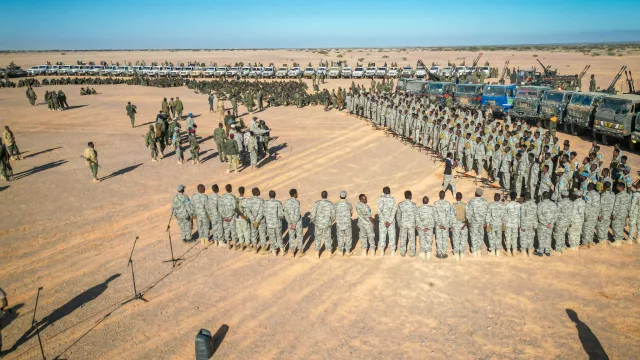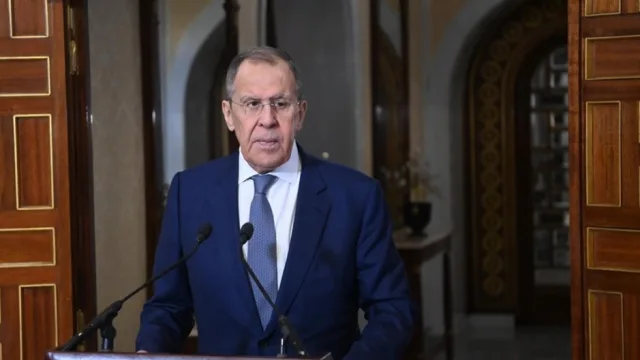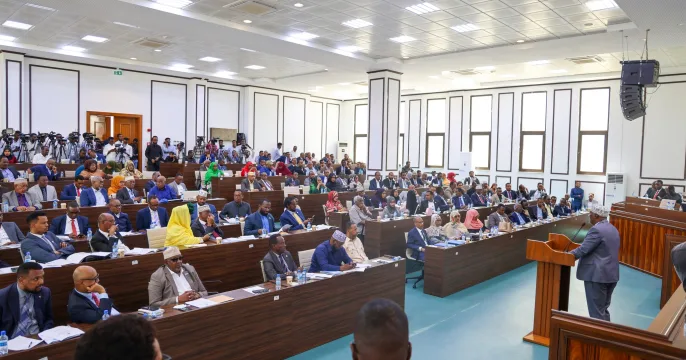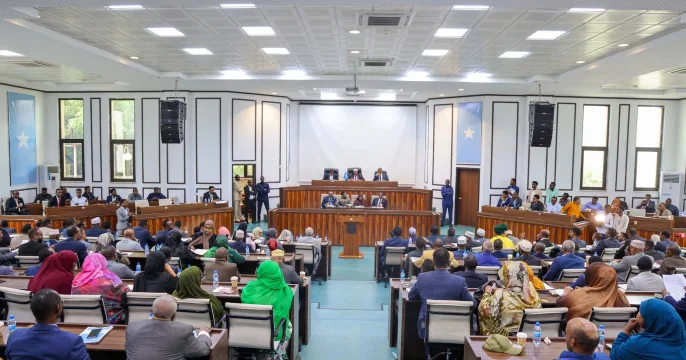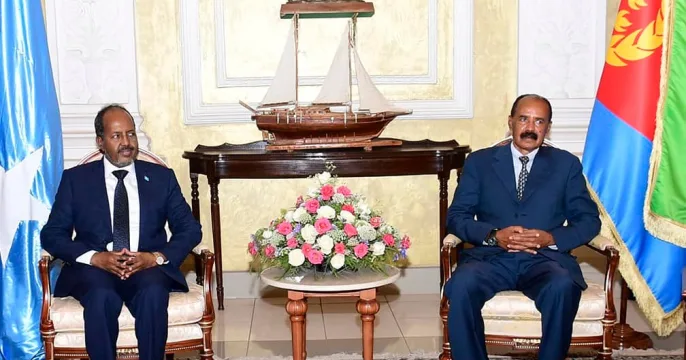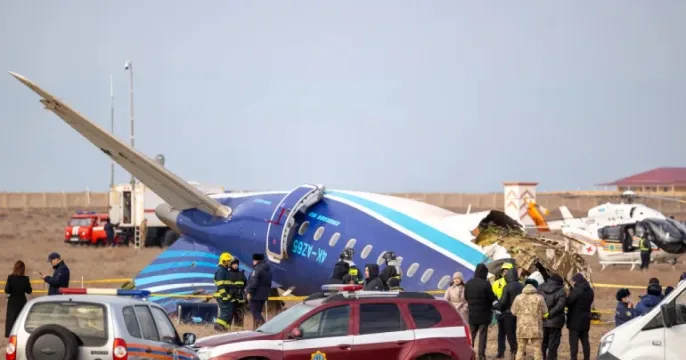The number of reported rapes in camps for internally displaced persons (IDPs) in Bosasso, in Somalia’s…
 The number of reported rapes in camps for internally displaced persons (IDPs) in Bosasso, in Somalia’s self-declared autonomous region of Puntland, is increasing and rape has become “a major problem”, says a civil society source.
The number of reported rapes in camps for internally displaced persons (IDPs) in Bosasso, in Somalia’s self-declared autonomous region of Puntland, is increasing and rape has become “a major problem”, says a civil society source.
“We are seeing more and more women who have been raped in the displaced camps,” said Hawa Ali Jama, of We Are Women Activists (WAWA), an NGO.
“We have recorded 30 women raped in October 2009 and 45 in November,†she said. These numbers did not reflect the actual number of raped women, because many did not report it, she said, for two reasons. First, the family may not want the case to be reported “because they are afraid that it will reflect badly on them”. Second, the woman may be afraid the perpetrator may come back and harm her or her family.
Jama said there were at least 24 IDP camps in Bosasso and rape cases had been reported in most.
She said rapes were committed either by men from the host community or other IDPs. Among the IDPs there were men who took a fancy to a girl and wanted to marry her but if they were rejected, “he may return at night to rape her; he will then be forced to marry her, according to tradition. That was his aim all along.”
Unsafe haven
Many of the displaced fled violence in the south, particularly the Somali capital, Mogadishu.
Ambro (not her real name) came to Bosasso, the commercial capital of Puntland, in 2005, seeking a safe haven for her family.
A month ago her teenage daughter was attacked near the IDP camp that is their new home in Bosasso while Ambro was out finding work in the town.
“It was around 11:30am when a young man raped my girl,” the 35-year-old mother of five said. “He tied her up and then raped her.” By the time the mother returned she found her daughter bleeding.
WAWA staff took her to the doctor. “She is recovering now but it is hard for a young girl to recover from something like this,” said Ambro.
“I never thought it would happen here. It was for fear of something like this happening that I fled Mogadishu,” she explained. “It seems no place is safe for us.â€
Breaking the silence
In the same month and in the same IDP camp two men raped a young girl.
“These people survive on very little and they supplement it with work they find in the town. Now they are afraid that when they go to find work they may get raped,” Jama said, adding that it was becoming one of the biggest security concerns for the women.
Jama said her group and others working with the displaced had started a campaign to encourage women to report cases of rape. “We have volunteers in the camps who interact with the women and encourage them to come forward.” Her group was providing counselling and medical help.
The authorities are also taking the matter more seriously. “We have a very good relationship with the local authorities and once we identify the culprit they are arrested and taken to court.”
The volunteers and staff stay with the survivors throughout the process. “We are there with them until the rapist is brought to court and convicted. This has encouraged more women to come forward,” she said.
A campaign of awareness to encourage families to abandon the tradition of hiding rape cases has helped to “break the silenceâ€, she said.
“We will keep fighting until we put a stop to these violations,” said Jama.
Ambro said she did not know what she would do now. “I cannot take my children back to Mogadishu, because it is not safe but I don’t feel safe here either. At least here I have the support of the people like WAWA.”
Sources: IRIN
